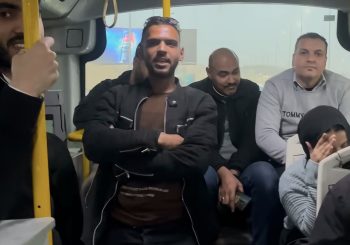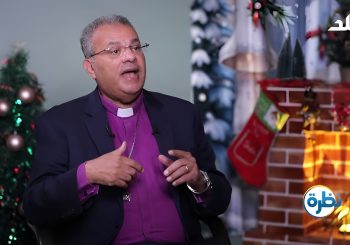Under the fragile calm of the Gaza ceasefire, a high-stakes prisoner swap unfolded on Saturday, 25 January, exchanging four Israeli female soldiers for 200 Palestinian prisoners. The deal marks the second phase of a truce that began on 19 January 2025, after 15 months of devastating conflict between Israel and Gaza’s Palestinian factions.
The soldiers—Karina Ariev, Daniella Gilboa, Naama Levy, and Liri Albag, aged 19 and 20—had been held captive by Palestinian groups since the start of the war on 7 October 2023. The captives were handed over to the International Committee of the Red Cross (ICRC) in Gaza City.
In exchange, Israel released 200 Palestinian prisoners, including 121 serving life sentences. For many of these Palestinians, it was their first moment of freedom in decades.
The prisoner exchange, conducted under banners reading “Zionism will not prevail,” drew large crowds to Palestine Square in Gaza City. Fighters from Hamas’s Ezzedine al-Qassam Brigades and Islamic Jihad’s Saraya Al-Quds Brigades presented the Israeli soldiers to the ICRC in a highly publicized ceremony, attended by residents cheering for what they saw as a victory for their cause.
The War That Shaped the Deal
The exchange is part of a three-phase ceasefire deal mitigated by Egypt, Qatar, and the United States, aiming to bring an end to one of the most destructive conflicts in Gaza’s history. The war, described by Palestinian officials as genocidal, has left the Gaza Strip in ruins. Since October 2023, Israeli airstrikes have killed over 46,000 Palestinians, most of them women and children, and displaced 2.4 million people.
This second phase builds on earlier progress. On 19 January, three Israeli captives were freed in exchange for 90 Palestinians, mostly women and minors. The current phase also saw 70 of the freed prisoners deported to countries such as Qatar, Turkey, and Egypt via the Rafah border crossing. These included prominent figures in the Palestinian liberation movement.
The remaining 114 Palestinians freed as part of Saturday’s swap returned to the West Bank, where jubilant crowds welcomed them with chants and patriotic songs. Victory signs and Palestinian flags filled the air in Beituna, near Ramallah, as the prisoners stepped off ICRC buses, greeted as heroes.
Uncertainity..
Despite the celebrations, many families in Gaza face an uncertain future. The war has obliterated nearly 69 percent of the strip’s infrastructure, with the United Nations warning it could take until 2040 to rebuild the destroyed homes.
Aid deliveries have increased since the ceasefire began, but they remain insufficient to meet the needs of displaced residents. Further complicating the humanitarian response, Israel has ordered the UN Agency for Palestinian Refugees (UNRWA) to halt its operations in the country by 30 January.
While the ceasefire has brought some relief to Gaza, violence continues in the occupied West Bank. Israeli military operations in Jenin have killed dozens in recent days, raising concerns about the ceasefire’s durability. The United Nations special rapporteur on Palestinian human rights, Francesca Albanese, has warned of the risk of further escalation, calling the ongoing violence “a continuation of genocide.”







Comments (0)